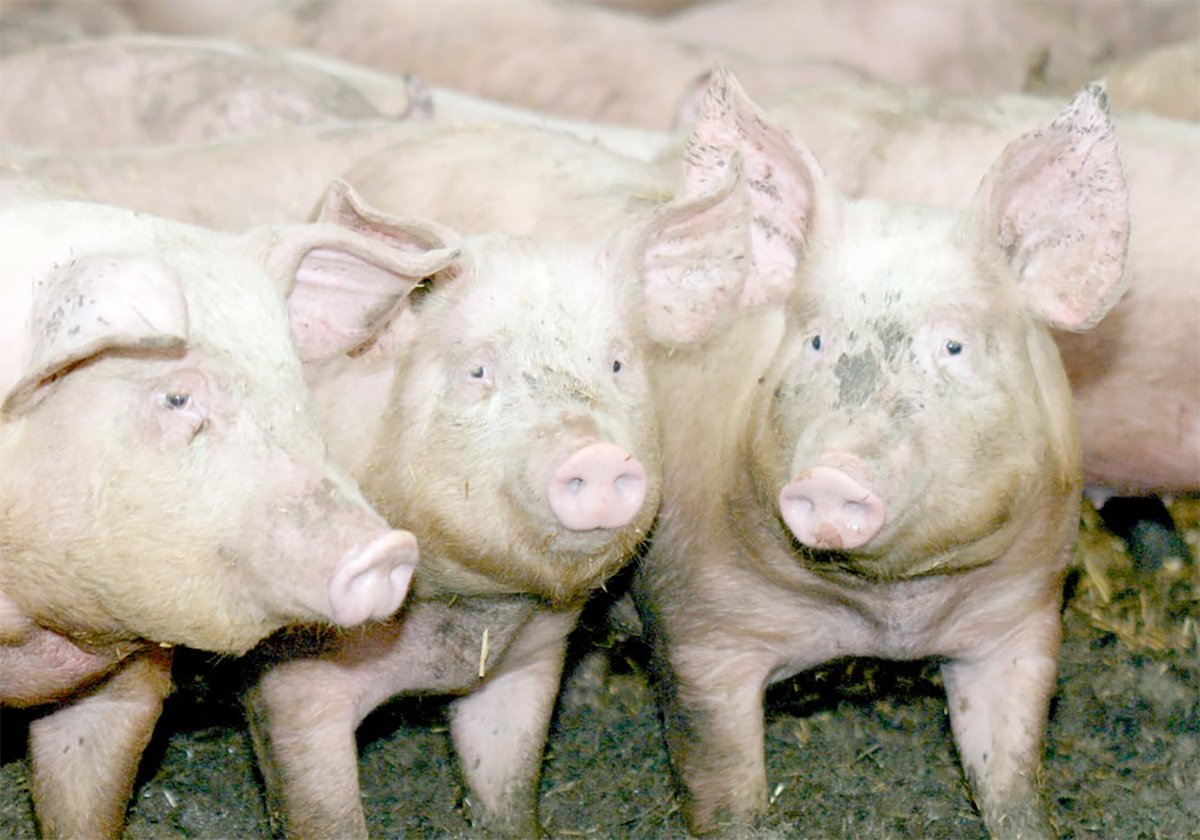British Columbia grocery store customers will soon have more than a label stuck on a package of meat to assure them of the beef’s origin.
They will have DNA proof tracking the beef back to a specific animal.
Animals from 14 farms with Prairie Heritage Beef Producers in Alberta and Saskatchewan will be DNA tested at the group’s feedlot, and again at the grocery store, as part of a traceability pilot project.
Jim Hansen, a business development specialist with Alberta Agriculture, said the project would track the beef for added consumer assurance.
Read Also

The Western Producer Livestock Report – November 13, 2025
Western Producer Livestock Report for November 13, 2025. See U.S. & Canadian hog prices, Canadian bison & lamb market data and sales insights.
“It will tell you which animal it came from. It will show the piece of meat on the plate is what it says on the label,” said Hansen, whose project is part of the B.C. government’s drive to improve traceability.
The DNA technology was developed at Trinity University in Ireland after the BSE crisis in Britain when consumer confidence in the beef system plummeted. Irish geneticists wanted a tool to identify British meat and restore confidence in the industry.
The DNA testing was a stamp of authenticity proving the beef in the store was what it said on the label, said Michele Wells, a spokesperson for IdentiGen, the company that owns the technology in North America.
“It says to the consumer we guarantee to you it is what it says it is,” said Wells.
While domestic beef consumption increased during the BSE crisis in Canada, it’s still a valuable tool for Canadian grocers, said Rob MacKay, marketing director with Quality Foods, the retail partner in the project.
“I think it’s a big benefit and we can see it as a tool to gain consumer confidence,” said MacKay.
Quality Foods operates nine grocery stores and supplies smaller stores across Vancouver Island. In its stores the Prairie Heritage Beef products are sold under the Quality Food Platinum Series beef label promoting Angus beef and a product free of hormones and antibiotics.
“It’s turning out to be a very good program for us,” said MacKay, who believes DNA labelling will be one more benefit for the consumer if there is a food scare with beef.
“Even if we never use it, it gives people a lot of confidence.”
The next part of the pilot project will test consumer reaction to the traceability concepts at retail stores.
Cliff Drever, part of the Prairie Heritage Beef group, said it is another way to distinguish their animals from other meat at the store.
“It proves to our customers we deliver,” said Drever.
There is extra cost to the producer for the DNA program. A small piece of the ear is collected when the animals are ear tagged at the group’s central Alberta feedlot. That piece is sent for DNA testing.
Drever said the group is also exploring other markets in the European Union and around the world where DNA tests are almost a prerequisite for grocery store shelves.














